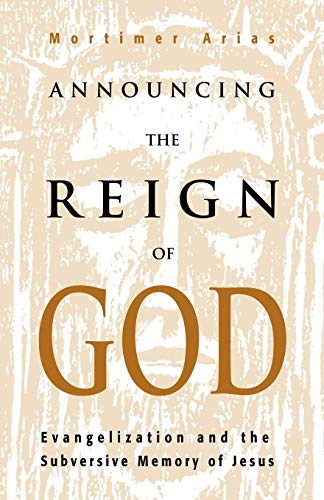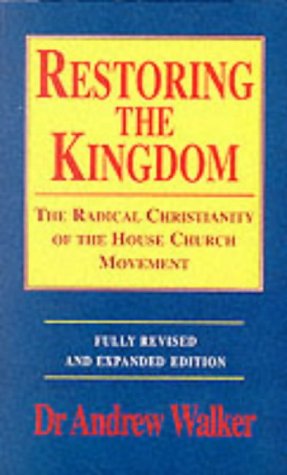Law and Theology in Deuteronomy
Written by J. G. McConville Reviewed By Walter MoberlyThose who are familiar with modern critical study of the OT will be aware of the central importance of the book of Deuteronomy to all reconstructions of the history and religion of Israel. The dating of Deuteronomy to the seventh century BC in close proximity to Josiah’s reform has become (despite occasional dissent) a virtual axiom of mainstream scholarship. Nonetheless, at a time when almost every other aspect of pentateuchal criticism is back in the melting-pot, it may well be that the date of Deuteronomy should be thrown into the pot too. That, at any rate, is the thesis of this stimulating monograph by Gordon McConville.
McConville argues that much modern study of Deuteronomy has been methodologically faulty. That is, scholars have too readily assumed that the laws in Deuteronomy can be interpreted and dated through comparison with other pentateuchal laws and the situation of seventh-century Judah, their basic assumption being that the distinctive features of deuteronomic laws are determined by changing historical circumstances. McConville argues, however, that the distinctive features of deuteronomic laws can be consistently explained when they are seen to exemplify the distinctive theological emphases of Deuteronomy as a whole. That is, the laws are less practical legislation than they are theological norms shaped by theological principles. Therefore they simply do not provide the sort of evidence upon which an historian can reconstruct the development and date of Deuteronomy. Insofar as any historical context can be deduced, the laws are consistent with Deuteronomy’s self-presentation as speeches on the verge of the promised land.
McConville’s careful analysis of all the laws that have traditionally been problematic mounts a much more serious assault on critical orthodoxy than have the various appeals to structural parallels between Deuteronomy and Hittite suzerainty treaties (which have usually lacked exegetical detail, and cannot in any case account for the last few chapters of the book). McConville’s demonstration of the theological links between the laws in chapters 12–26 and the preceding chapters 1–11 is generally convincing as a whole. McConville is perhaps less convincing in his arguments about the history and religion of Israel outside Deuteronomy. Although he sharply points out many weaknesses in widely held historical reconstructions, he sometimes moves too quickly from showing that a position is not proven to asserting that it is unfounded or mistaken. Moreover, debatable positions that are congenial to McConville, such as Gordon Wenham’s arguments for the originality of Dt. 27 to the book, are simply adopted without being subjected to the same scrutiny as debatable positions that are uncongenial.
This simply means, however, that there is more work to be done if a new assessment of Deuteronomy is to receive a firm place on the scholarly agenda. In the meantime McConville’s arguments should be required reading for all who are interested in the critical problems of Deuteronomy. And even those who aren’t particularly interested in the critical problems will still find McConville’s exposition of the theology of Deuteronomy well worth while.
Walter Moberly
Durham University







